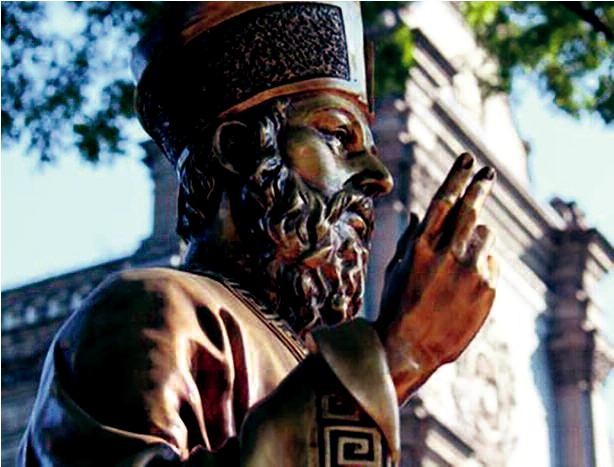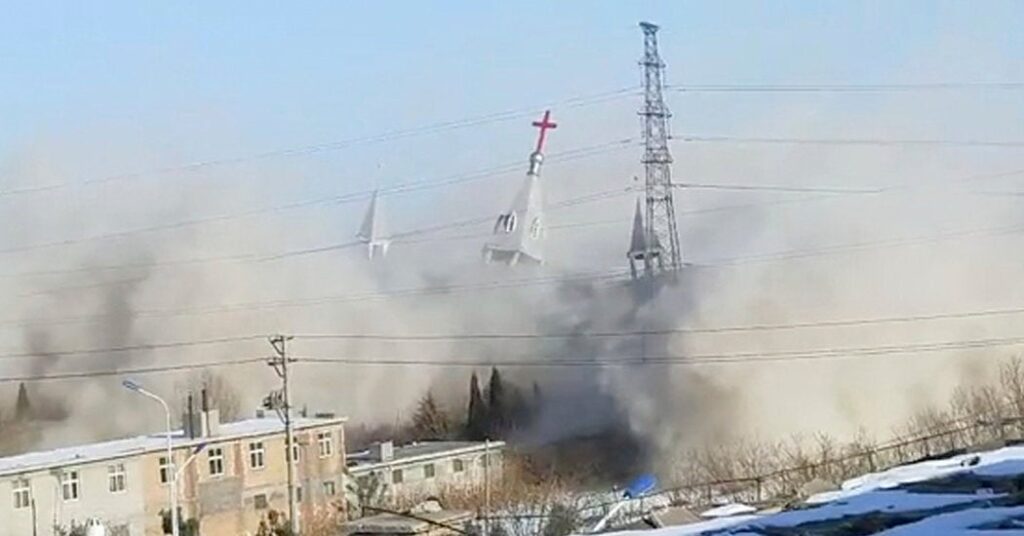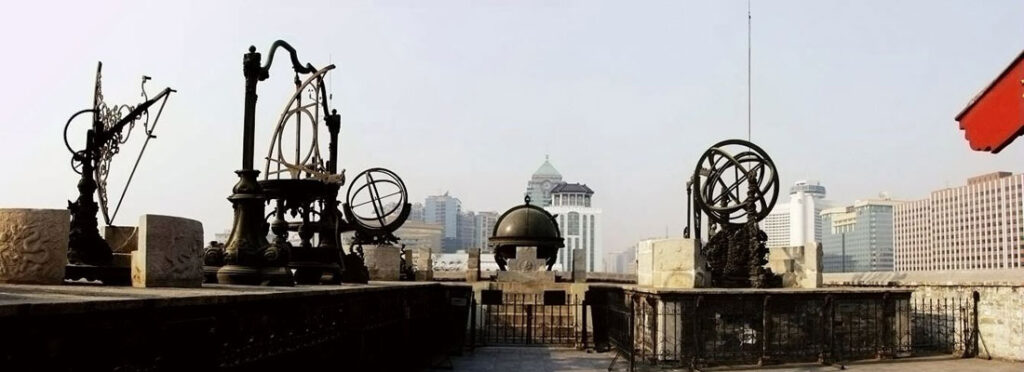Friday 5th June 2020
The CHC @ The Catholic Universe
Saluting our modern-day martyrs: dare we too confess our faith?
Stefan Kaminski
While we remain locked in debate over Covid-19 statistics, social distancing and lockdown measures, it’s a good time to remember that many of our Christian brothers and sisters around the world have more immediate concerns: they are (readily) putting their very lives at risk by professing and practicing their faith.
On 8th January, four young Catholic seminarians were kidnapped from the Good Shepherd Seminary in Kaduna, north-west Nigeria, by gunmen. Kaduna is not a small shanty town: it is the capital of Kaduna state with a population of well over three-quarters of a million, and is a busy trade and transportation hub. The seminary is located on a main highway, and houses around 270 young men.
But in January it was raided by a kidnap gang disguised as soldiers, led by Mustapha Mohammed. Their intention was to use the hostages for ransom. In the weeks following the raid, they released three of the seminarians, aged between 19 and 23, in exchange for $25,000. Michael Nnadi, 18 years old, was never released.
Speaking to Nigeria’s Daily Sun newspaper after his arrest, Mustapha said that he was not able to have any peace from the moment they took the young men, because Michael “continued preaching the gospel of Jesus Christ to him”. The seminarian “told him to his face to change his evil ways” or risk eternal life. In the end, Mustapha decided “to send him to an early grave” as he did not like the young man’s confidence.

Michael Nnadi’s bold witness shines among many such martyrs. Only 10 days later, Lawan Andimi, a member of the Christian Associationof Nigeria, was decapitated.
Today, some 120 other Christians remain hostage in the hands of Boko Haram; among them are many young women such as Leah Sharibuand Grace Taku, who refused to renounce their faith in Jesus Christ. All these are part of a worsening and systemic attack on Christians, whose villages are attacked, farms set ablaze, adults kidnapped and killed, and women taken as sex slaves.
The Nigerian archbishops have repeatedly appealed to the country’s government for collaboration andprotection, but many Christians have accused the state of ignoringthe reality of Christian persecution.
Despite the assurances given, they point to the inconsistent protection offered by security forces and the consistently late responses to such incidents.

Hopefully, the thought that such atrocities are not being challenged and responded to effectively fills us with horror. Equally hopefully, the fact that men and women just like ourselves are dying gruesomedeaths because they practice their Christian faith moves us to some desire for solidarity with them.
Meanwhile, we are no doubt thankful that such persecution does not take place in our liberal and tolerant Western society. However, thegrowing challenges to Western governments over their own discrimination against religious practice in their responses to Covid-19 should tell us that we are not entirely immune either.
Last month, several Catholic groups successfully appealed to the French Council of State, which ruled that the government’s ban on gatherings at places of worship was ‘disproportionate’ and ‘seriously and manifestly illegal’. A number of states in the USA have seen legal challenges against their closure of churches and bans on religious gatherings, with, most recently, the governor of Virginia facing two lawsuits over this issue.
Our own government sidelined public religious expression by declaring it as ‘non-essential’ at the beginning of the lockdown. The assignment of churches to an importance lower than garden centres can hardly, therefore, inspire great confidence in the public perception of the place of religious freedom. More to the point, if such a freedom is not seen to be demanded and practised, its fundamental importance will stop being appreciated.
A number of public figures have now stepped up to question this state of affairs. Edward Leigh MP pointed out on Twitter not long ago: ‘If MPs can socially distance in Parliament, why can’t people socially distance for private prayer in churches?’
Two weeks ago, a letter was sent to Catholic Bishops, as well as to Robert Jendrick (Secretary of State for Housing, Communities and Local Governance), requesting the re-opening of churches, and signed by 19 peers, politicians and other notable Catholics. Another letter went to Boris Johnson this week signed by 20 MPs, requesting the same. And in a recent interview on BBC Radio 4, Cardinal Nichols asked the government for “a bit more sensitivity” to people’s spiritual needs.
As Pentecost approaches and we once again pray for the same courage that the Holy Spirit gave to the Apostles in those early, turbulent times, it is perhaps an opportunity to make our own stand for our faith. It would be a fitting act of solidarity with Michael Nnadi, and the many other men and women, young and old, who are suffering brutal treatment and death, to make our own faith public, in however small a way.
Until such a time as our churches are reopened, the first thing that can be done is to write to local MPs and/or to Robert Jendrick. It need not be a long email, but simple enough to register the fact that as Christians, our faith is of fundamental importance to us; and as Catholics, it is essential to be able to access our churches and the Real Presence of Jesus Christ in the Blessed Sacrament.
Besides this, a group of young Catholics, led by Anton’ de Piro (a trustee of the Christian Heritage Centre) has set up the website https://opendoors.church. This allows Catholics to register their name, contact details, diocese and parish in order to help manage the safe re-opening of churches. Volunteer details will be passed directly to the relevant diocese or parish, and will provide priests with the necessary help for to reopen their churches.
Lastly, but most importantly: when our churches do reopen, it is imperative that those Catholics who are able to do so safely provide a public witness to our faith. If every able-bodied and healthy Catholic in the country made the point of making a visit to their parish church once during the working week, the steady stream – even trickle – of visitors would make for a very visible statement.

It is an opportunity not simply for outward effect, but also for the deepening and renewal of one’s interior life.
The small efforts and sacrifices we make are always observed by the Good Lord, who repays with His grace in His own way and time.
After the period of absence we have suffered from the Eucharistic Lord, what better way to mark the season of Pentecost – the era of the Church – by going out of our way to witness to the Lord, in solidarity with our martyred brethren?
Stefan Kaminski is the Director of the Christian Heritage Centre, Stonyhurst.



